401(k) After Retirement or Changing Jobs
401(K) AFTER RETIREMENT OR CHANGING JOBS 401(k) After Retirement or Changing Jobs: If you plan to retire or change jobs soon, it’s very important to have a plan for your balance in your current employer’s 401(k) plan. You could keep your savings where it is, roll them over into and IRA, or transfer the balance over to your new employer’s 401(k) plan. You do not need to rush your decision … Read more




